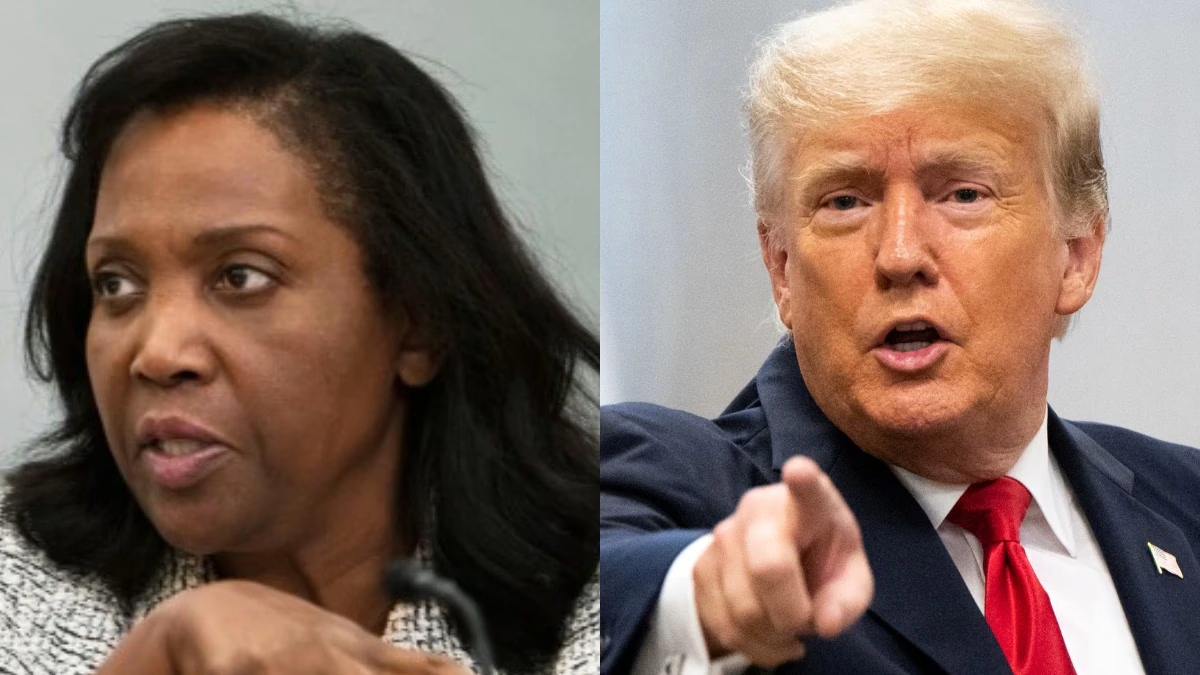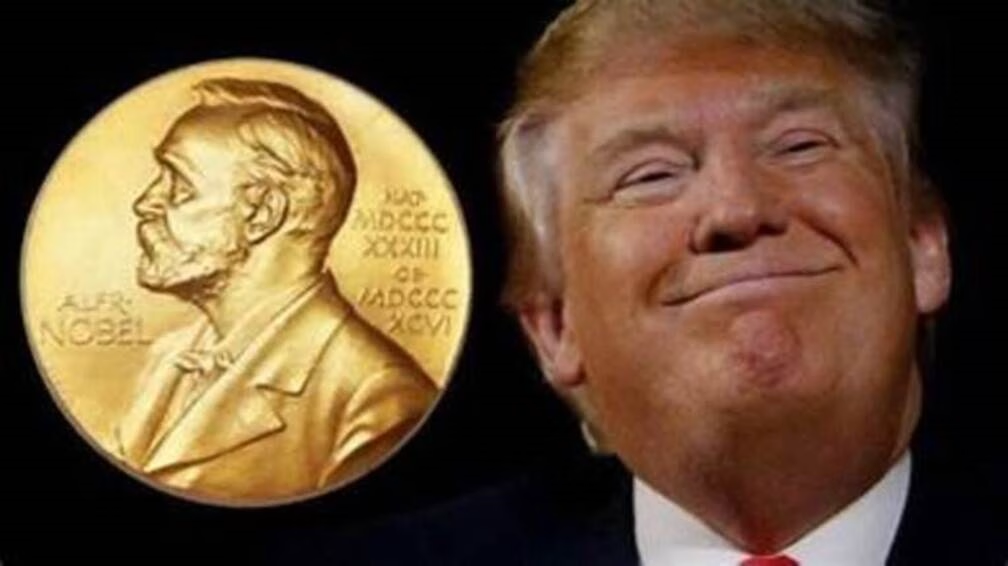By Don Terry | Tuesday, October 14, 2025 | 6 min read
In the early hours of the morning, just before Donald Trump’s scheduled departure for Israel and Egypt, the former president reached for his phone and sent a message that would ripple through his inner circle. At 12:38 a.m., Trump took to social media to make one of his most extraordinary claims to date, alleging without evidence that “the Biden FBI placed 274 agents into the crowd on January 6th.” He followed the statement with a familiar demand: “If this is so, which it is, a lot of very good people will be owed big apologies. What a scam. Do something!!!”
The language may have sounded impulsive to outsiders, but to those who have worked closest to him, it carried a recognizable subtext. According to two people familiar with the matter, the “do something” refrain is often interpreted as a call to action for loyal operatives—among them figures like Pam Bondi and Kash Patel—who have historically amplified or acted on Trump’s directives. In private, however, even some of his allies were reportedly unsettled by the outburst, describing it as another sign of a leader increasingly unmoored from the events he once controlled.
The post reflected something far deeper than political bluster. Trump was not only making a provably false claim—he was rewriting a moment in American history in which he himself played the central role. In his late-night statement, he seemed to forget or deny that Joe Biden was not president on January 6, 2021. The attack on the U.S. Capitol unfolded while Donald Trump himself was commander-in-chief, not Biden.
This moment of public confusion was more than a simple misstatement. It revealed a widening gap between reality and the version of events Trump often presents to his supporters.
On that day, Trump told a crowd of his supporters to “fight like hell” as Congress prepared to certify the results of the 2020 election. He falsely assured them that he would march with them to the Capitol. Instead, Trump returned to the White House, where he watched the violent attack unfold from a private dining room beside the Oval Office.
For 187 minutes, as rioters smashed windows, assaulted police officers, and threatened lawmakers, Trump said nothing publicly to stop it. He gave no orders to federal law enforcement or the military. He did not direct the FBI, did not call in reinforcements, and did not urge his followers to leave. He was the president that day—but acted as if he were a bystander.
Vice President Mike Pence, forced into an extraordinary position, took on a de facto leadership role by coordinating with security agencies to secure the Capitol. While Pence worked to end the violence, Trump remained silent.
Yet in Trump’s recent midnight post, his memory—or his narrative—placed Joe Biden at the helm of the FBI on January 6. The claim is not only factually wrong but fundamentally impossible: Biden did not become president until January 20, 2021, two weeks after the attack.
Trump’s statement raises a striking question about political accountability. Imagine, for a moment, if President Biden had said something similar—if he had publicly confused the timeline of one of the darkest days in modern American history, falsely claiming to have been president when he wasn’t. The political and media reaction would have been swift and furious.
Cable networks would likely have filled entire news cycles with urgent speculation about his mental capacity. Editorial boards would have raised alarms. Republican politicians would have demanded his resignation, citing unfitness for office.
But when Trump made this hallucinatory claim, there was barely a ripple from many of the same voices who routinely call Biden’s mental acuity into question. This selective outrage reflects a political culture in which Trump’s statements are often normalized, or dismissed as “just Trump being Trump,” even when they are alarming.
Concerns Over Mental Fitness
The governor of Illinois recently commented on Trump’s behavior, noting bluntly that he believes the former president “needs mental health help.” He suggested that those around Trump will not intervene because they benefit politically and financially from his instability. He added that Trump “says a lot of crazy things” and often claims powers he doesn’t actually have, such as arresting elected officials without cause.
For any other political figure, such statements and mental lapses would be disqualifying—or at the very least, would provoke a serious national conversation about fitness for office. For Trump, however, the response is far more muted, particularly among his loyalists and many Republican officials who continue to treat his words as political theater rather than warning signs.
This midnight outburst was not an isolated incident. It fits into a long pattern of Trump making factually incorrect or delusional claims, often in the late hours when no one around him can restrain or filter what he says. Over time, these moments have blurred the line between political strategy and psychological decline.
For critics, this moment was a grim reminder of why January 6 was so dangerous in the first place: Trump not only failed to act as president during a national crisis but now fails to even acknowledge that he was responsible for that inaction.
The most telling part of this episode is not just Trump’s post, but the silence that followed. Many who once attacked Biden over minor gaffes had nothing to say when Trump hallucinated a different president into office on one of the most consequential days of his presidency.
This silence is a political choice—a refusal to hold one man to the same standard expected of any other president. And that silence, in many ways, is what allows these dangerous narratives to persist.
end, the man who preyed on the young and vulnerable. No amount of spin or statue smashing will erase that. The only question left is whether America will keep looking away, or whether it will finally admit that complicity isn’t confined to Epstein alone.
Comey’s Charges Had Nothing to Do With Russia Interference — This Was Trump’s Payback
Epstein Files Put Musk Back in Spotlight—Could Tesla’s $29 Billion Shareholder Payout Be at Risk?
Mexico Is Not the Origin of the Drug Trade—Europe and Big Pharma Were There First
Trump’s Russia ‘Paper Tiger’ Remark Steals the Spotlight as 2025’s Best Punchline
Nexstar, Sinclair Refuse to Broadcast ‘Jimmy Kimmel Live!’ Following ABC Return






